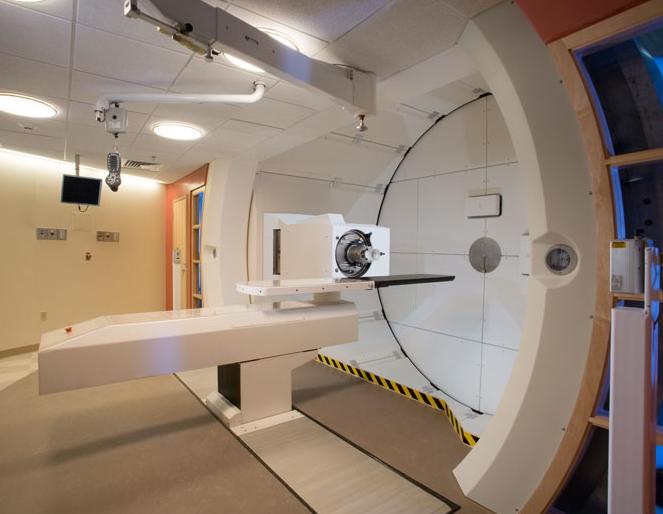| « "Cap and Trade" your life away... | Obama’s Attempt to Redefine The Term “Tax Cut” » |
Socialized Medicine is on the way, or is it?

This article hits home for me, because I have worked in the facility that they are mentioning here. The University of Florida Proton Therapy Institute.
http://www.boston.com/news/health/articles/2009/03/02/us_system_to_rate_health_therapies/
Lisa Wangsness:
"Harder on Cancer, easier on you," proclaims the banner on the University of Florida Proton Therapy Institute website, a pitch to men scouring the Internet for advice on prostate cancer. This type of radiation treatment targets tumors more precisely than X-rays, the site claims, reducing side effects.
But a study found that though proton beam therapy is at least five times as expensive as other forms of radiation, only a few small, brief studies have examined its effectiveness. There was no evidence that it was better at curing prostate cancer, and insufficient evidence that it was superior at preventing side effects.
This is a small part of what worries me. The government is going to stifle research. It will have to create mandatory time tables in which effectiveness must be proven. There is nothing wrong with deadlines, but when it comes to research things are a little different. Anyone who works in a research field can tell you that time should no be a factor; data however should.
The economic stimulus package contains $1.1 billion for "comparative effectiveness research," a down payment on a project that could ultimately cost hundreds of billions of dollars. The legislation also creates a council in the Department of Health and Human Services to coordinate the work.
Dennis Smith, a senior research fellow in health economics for the conservative Heritage Foundation, said restricting treatment options based on a government-run board's interpretations of research could result in a kind of "cookbook medicine" that ignores individual differences that make medicine "an art as well as a science."
I agree; Mr. Smith has a very good point, treatment options should be chosen by the doctor and the patient. Everyone is different, that's one reason that a one-size-fits-all aspect to health care is ridiculous.
Dr. Steven Pearson, president of the Institute for Clinical and Economic Review at the hospital, said the question "is whether we as a society are going to get serious about judging whether something that is a teeny bit better but vastly more expensive is a wise way to go."
The institute, which conducted the review of the scientific literature on proton beam therapy for prostate cancer, found little evidence favoring proton beam over other kinds of radiation, even though payers typically paid $50,000 to $80,000 for proton beam therapy, compared with $10,000 for the implantation of radioactive seeds, or $20,000 for radiation therapy using an X-ray technology.
"Our system is not set up to look at whether the evidence suggests that paying so much more for proton beam therapy makes sense for anybody," Pearson said. Instead, hospitals and clinics have the reverse incentive - to channel patients to the most expensive treatments, he said.
Dr. Steven Pearson automatically assumes that hospitals are staffed with dishonest people. There is no difference here and the camera in Subway (sub shops), make sure that those extra pieces of cheese aren't passed out. This research is based on human dishonesty. Even if there are cheaper options, there will still be one that is more expensive than others. This is ridiculous.
Researchers are already preparing to apply for research grants funded by the stimulus money. Anthony Zietman, a radiation oncologist at Massachusetts General Hospital, is part of a team that wants to compare two or three different kinds of radiation therapies for prostate cancer, including proton beam. Such work, he said, is urgently needed.
"We've got to help patients sort their way through this morass of options," he said. "If these new technologies are better - prove it. If it's worth the cost, we should pay the cost. If it's not worth it, we should dispense with them or not cover them."
All the way at the end of the story you get to the real meaning of all of this, "If these new technologies are better - prove it. If it's worth the cost, we should pay the cost. If it's not worth it, we should dispense with them or not cover them". I wonder who "we" is going to be? Perhaps the tax payer?